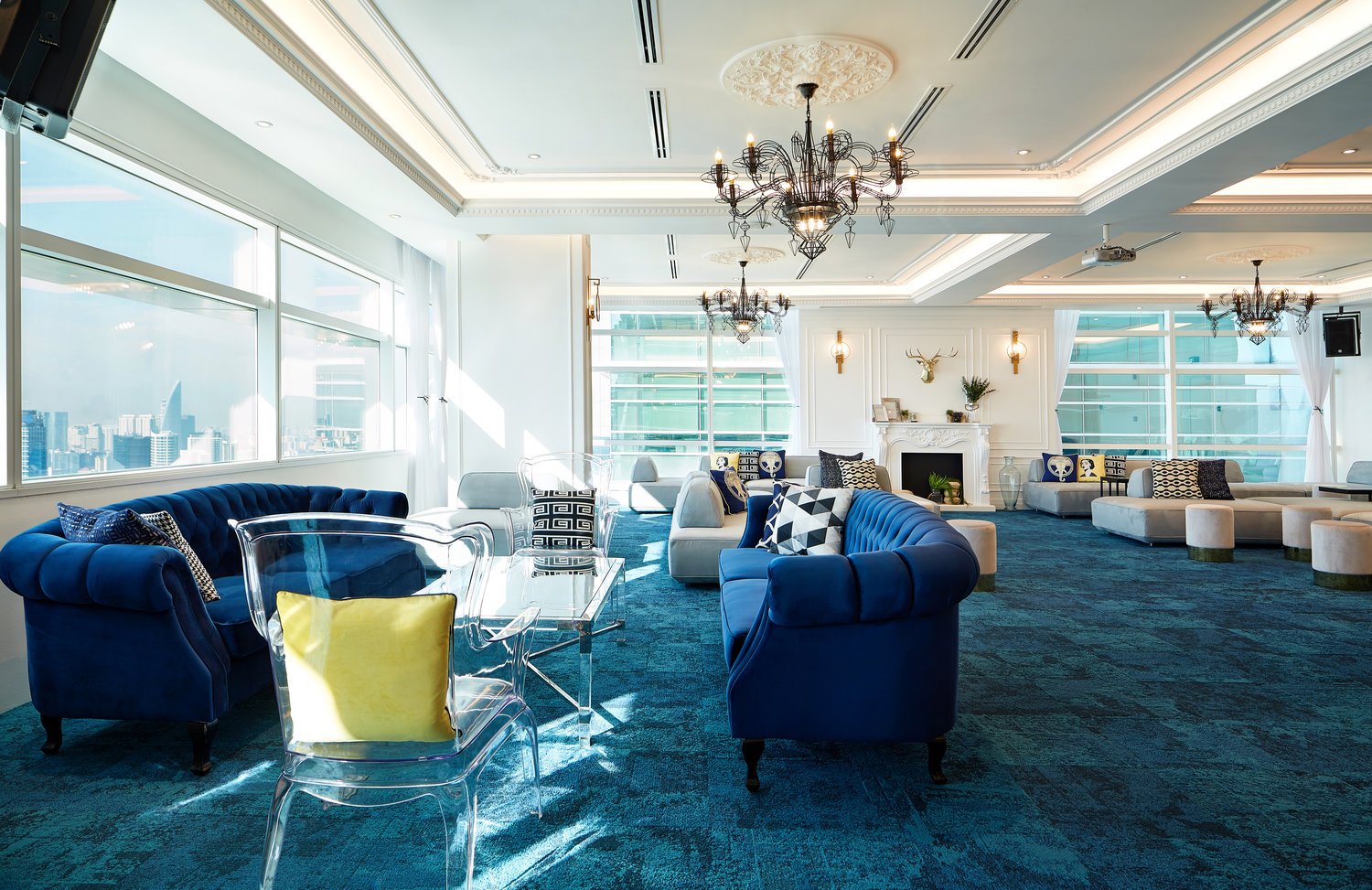Starting your own company is an exhilarating time, and while you may be tempted to secure your own office space immediately, it may not be the wisest decision at the early stages of your startup. Financially and otherwise, opting for a coworking space could be a more advantageous choice. Not only are coworking spaces 10-30% cheaper than traditional offices, but they also offer a range of benefits such as lease flexibility, reduced setup costs, and the opportunity to be part of a vibrant entrepreneurial community. Remarkably, successful companies like Uber, Eatigo, Zalora, and Booky have utilized coworking spaces, providing a testament to their value and potential.
Already a strong trend for more than 10 years in South East Asia, flexible working spaces has increased tremendously since the pandemic. Even after the pandemic subsides, coworking is poised to remain a prevalent and enduring trend in the business world. The fundamental appeal of coworking spaces, such as flexibility, community, and cost-effectiveness, continues to resonate with entrepreneurs, startups, and now larger more established companies, whatever the industry you work in, tech industry or not. The pandemic has highlighted the importance of adaptability and the ability to work from anywhere, and coworking spaces provide the ideal solution, offering a range of workspace options to accommodate different needs. Additionally, the desire for collaboration, networking, and the exchange of ideas will persist, and coworking spaces foster these connections by bringing together diverse professionals under one roof. As businesses prioritize agility and seek more efficient and affordable office solutions, coworking spaces are poised to remain an integral part of the evolving work landscape, offering a supportive and dynamic environment that promotes innovation and growth.
The Concept of Coworking Spaces
Coworking spaces are shared office environments that provide tenants with numerous advantages over traditional offices. One key aspect that sets coworking spaces apart is their emphasis on fostering a social community and facilitating interactions among members through various events and introductions. These workspaces usually feature an open-plan layout with diverse seating options, ranging from classic tables and chairs to booths, benches, and even bean bags. The primary objective is to strike a balance between socializing with other members and focusing on work without unnecessary distractions. In fact, approximately 80% of coworking spaces offer private offices as part of their membership plans to cater to individual preferences.
Choosing the Right Option for Your Startup
Deciding between a hot desk, dedicated desk and a private office for your startup largely depends on your specific needs and goals. Let's examine the pros and cons of each option to help you make an informed choice.
Dedicated Desk
A dedicated desk, also known as a hot desk, is the more cost-effective option of the two. By choosing a dedicated desk, you will be situated within the open layout, sharing desks with other members. This option is particularly beneficial if you aim to expand your professional network, as you will be in close proximity to other entrepreneurs and freelancers. Moreover, a dedicated desk provides a significant improvement over working in coffee shops or makeshift home offices, offering a secure and stable Wi-Fi connection along with complimentary coffee. It is an ideal choice for freelancers or small teams consisting of approximately five members. However, it's important to note that a dedicated desk lacks privacy, making it unsuitable for projects that require confidentiality. While some coworking spaces may offer telephone booths for private calls, they are not intended for full-day use. Additionally, if rapid team expansion is anticipated, the open layout of a dedicated desk area may present challenges, as adding desks may lead to a scattered and less productive team.
Private Office
A private office, on the other hand, offers enhanced privacy and is generally located along the sides of coworking spaces. Although it is relatively more expensive than a dedicated desk, a private office still provides cost savings compared to a traditional office. Placed away from the common foot traffic areas, these offices grant you a dedicated space to work on tasks without worrying about prying eyes. Additionally, you have the freedom to decorate the office according to your brand's aesthetic. With increased control over noise and distractions, a private office allows for greater focus. However, access to the open layout is still available, should you desire to engage more actively in the social aspect of the coworking community. Renting a private office often grants 24/7 access to the coworking space, offering flexibility in choosing the hours that best suit your needs. Nevertheless, considering the higher cost, if privacy and having your own space are not top priorities, it may be more prudent to begin with a dedicated desk.
All major coworking operators now understand that while open-plan layouts and shared workspaces are valuable for collaboration and networking, there is also a growing demand for private offices. These offices provide businesses with a dedicated and secure space to conduct their operations, host meetings, and maintain confidentiality.
To meet this demand, coworking operators in Singapore, Kuala Lumpur, Penang and all other major business hubs in South East Asia and Hong Kong have strategically incorporated private offices into their workspace layouts. These offices vary in size, accommodating different team sizes and requirements. They are designed to provide a professional environment with amenities that support productivity, including ergonomic furniture, high-speed internet, and access to shared facilities. These private offices within coworking space operators are also called serviced offices in some cases.
Hot Desk
Another option worth considering is the hot desk, which offers a flexible and dynamic workspace within a coworking environment. A hot desk refers to an unassigned seating arrangement where members can choose any available desk on a first-come, first-served basis. This option is particularly suitable for entrepreneurs and freelancers who value variety and adaptability in their work environment.
Flexibilty
One of the key advantages of hot desking is the flexibility it provides. With a hot desk, there is no assigned seating, allowing you to choose any available desk within the coworking space. This flexibility enables you to adapt your workspace according to your preferences, mood, or work requirements on a daily basis. You have the freedom to change your seating location, explore different areas of the coworking space, and interact with a diverse range of professionals.
Collaboration and Networking
Hot desking encourages collaboration and networking opportunities. By working in close proximity to other individuals from various industries and backgrounds, you have the chance to engage in spontaneous conversations, share ideas, and collaborate on projects. The dynamic environment fosters a sense of community, allowing you to tap into the expertise and experiences of fellow coworkers. Networking in a hot desk setup can lead to valuable connections, partnerships, and even potential business opportunities.
Cost Savings
Hot desking can be a cost-effective solution for startups, entrepreneurs, and freelancers. Instead of committing to a dedicated desk or private office, which may come with higher monthly fees, a hot desk option typically offers more affordable pricing plans. This affordability makes it an attractive choice for individuals or small teams with budget constraints or those who prefer to minimize their overhead costs in the early stages of their business.
Access to Amenities
Hot desks often come with access to a wide range of amenities and facilities offered by the coworking space. These amenities may include high-speed internet, meeting rooms, conference rooms, printing and scanning services, communal areas, and shared kitchen spaces. Having these resources readily available enhances your productivity and provides a professional working environment without the need to invest in additional infrastructure or equipment.
This is also true of other members using dedicated desks or private offices within the coworking space.
Professional Environment
Working in a hot desk setup within a coworking space offers a professional atmosphere that surpasses the distractions of coffee shops or home offices. The dedicated workspace, equipped with ergonomic furniture and essential amenities, helps create a productive environment that fosters concentration and focus. Additionally, being surrounded by like-minded professionals and entrepreneurs can inspire motivation and a sense of accountability.
Scalability
Hot desking provides scalability for growing teams. As your startup expands, you can easily accommodate new team members by securing additional hot desks within the coworking space. This scalability allows for a seamless transition as your business evolves, avoiding the need for immediate relocation or the challenges of finding a larger office space.
HOT DESK SUBSCRIPTIONS PLANS
Since the pandemic subsided, there are now some subscription plans that provides access to hot desks across multiple coworking spaces. One such example is Passport by FlySpaces, a subscription model that allows individuals and businesses to enjoy the benefits of flexible working and the vibrant coworking community without the commitment of a long-term contract or the hassle of managing multiple memberships.
With the Passport subscription, users gain access to a network of partner coworking spaces, granting them the freedom to choose from various locations that suit their needs. This flexibility is particularly advantageous for professionals who frequently travel or require workspace options in different areas.
The benefits of the Passport subscription are numerous:
Wide Network: The Passport subscription expands the reach of users by providing access to multiple coworking spaces within Flyspaces' network. This diverse selection ensures that there is always a convenient and suitable workspace available, whether in their local city or during their travels.
Cost Savings: The Passport subscription offers a cost-effective solution for those who require occasional or flexible workspace access. Instead of individually purchasing day passes or separate memberships for different coworking spaces, users can save money by paying a single subscription fee that covers access to various locations.
Seamless Booking: Flyspaces' Passport subscription simplifies the booking process. Users can easily search for and reserve hot desks in their desired coworking spaces through Flyspaces' online platform or mobile app. This streamlined experience saves time and effort, allowing users to focus on their work rather than administrative tasks.
So what is the best choice of space?
Whether you decide to use hot desks, dedicated desks or a private office for your team, coworking spaces offer flexibility, collaboration opportunities, cost savings, access to amenities, a professional environment, and scalability for startups and freelancers. It provides a dynamic and engaging workspace where you can maximize your productivity, network with professionals from various fields, and adapt your workspace to suit your changing needs.






